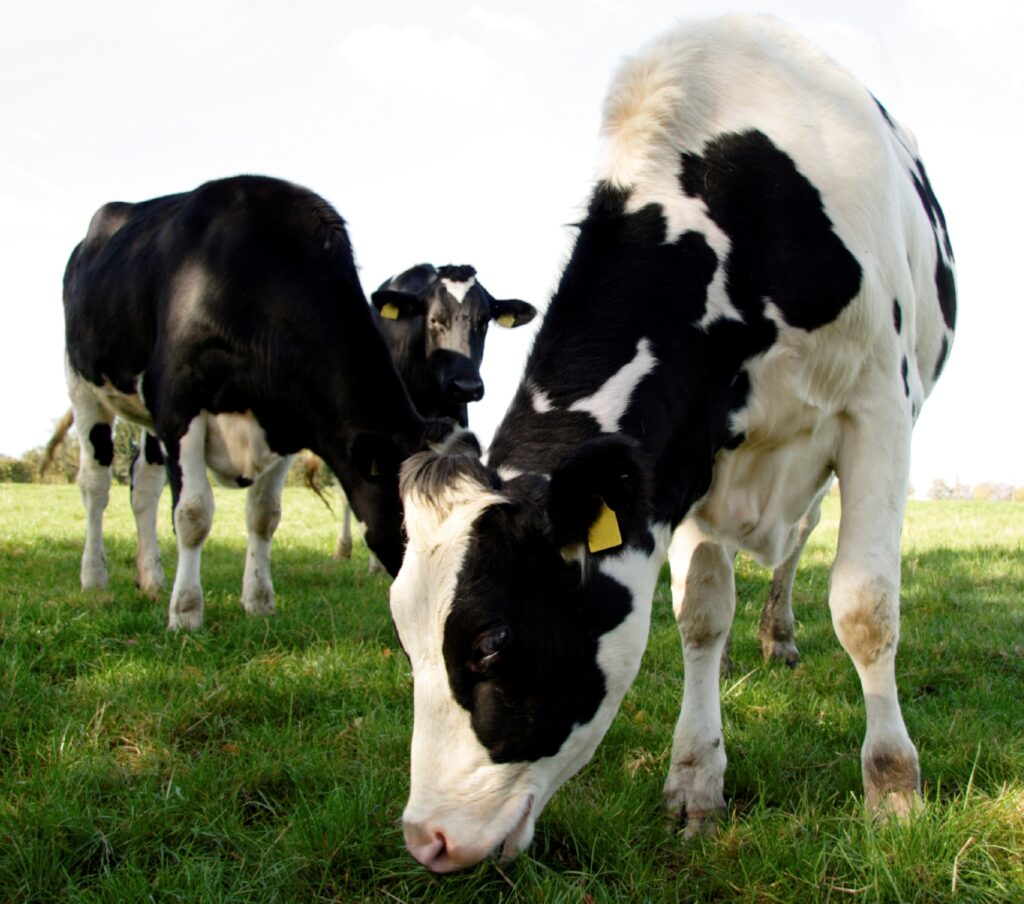The Climate Change Advisory Council (CCAC) has said that the government must be proactive on ensuring there are sufficient supplies of protected urea in the country.
The independent advisory body said that it is unlikely that the first carbon budget will be met, despite progress being made in some sectors.
The comments follow the recent publication of the draft National Climate Action Plan 2024 as there are two years left in the first carbon budget.
The council is tasked with assessing and advising on how Ireland can achieve the transition to a climate-resilient, biodiversity-rich, environmentally sustainable and climate-neutral economy.
CCAC
As previously reported by the Environmental Protection Agency (EPA), the CCAC noted that emissions from the agriculture sector fell by 1.2% in 2022.
The council welcomed that the 2030 target of sales of less than 300,000 tonnes of nitrogen (N) fertilisers per annum was achieved, thereby reducing nitrous oxide (N2O) emissions.
“Sustaining this early achievement will be essential as there is a high risk of rebound if fertiliser prices fall.
“In 2023, protected urea fertilisers represented less than 22% of straight nitrogen fertiliser sold against a target of up to 90% by 2025 and 100% by 2030.
“It is essential and urgent that the government is very proactive in its communications with both suppliers and farmers to ensure that there are sufficient supplies available and that the benefits of switching are communicated to all farmers,” it said.
The council said that current levels of methane (CH4) emissions “continue at an elevated level, therefore jeopardising the sectoral ceiling”.

Chair of the CCAC, Marie Donnelly said: “Households and communities must be supported and enabled to make changes now, however incremental, and be empowered through targeted information to plan for future purchases.
“To build on the progress that has been made, the council urges government, and all of society, to redouble its efforts to reduce emissions and grasp the opportunity now, to create a climate neutral and sustainable society.”
The council noted that emissions from electricity decreased by 2% in 2022, by 11% in the built environment and by 7% in industry.
However, transport emissions grew by 6% in 2022 and this sector is of major concern to the council.
“The impact and disruption of recent extreme weather in Ireland and globally continue to cause distress, uncertainty, and economic challenge.
“Yet, the evidence shows that the pace of emissions reductions in Ireland and globally is insufficient,” Donnelly said.
“While the reductions we are seeing in Ireland are welcome, they must be accelerated and delivered across all sectors and on a sustained basis.
“A crucial aspect of that delivery is cutting, and ultimately, eliminating our dependence on fossil fuels,” she added.
